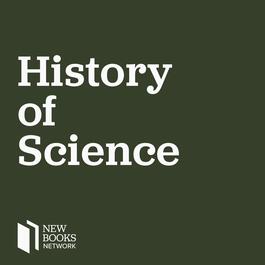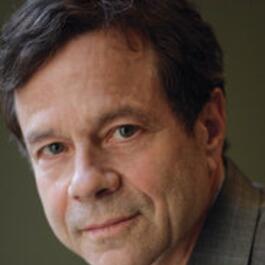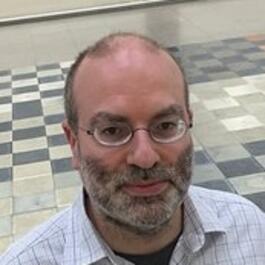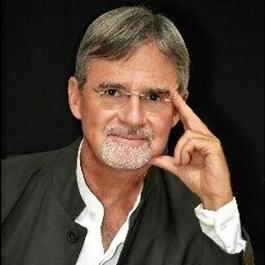
New Books in the History of Science
This podcast is a channel on the New Books Network. The New Books Network is an academic audio library dedicated to public education. In each episode you will hear scholars discuss their recently published research with another expert in their field. Discover our 150+ channels and browse our 28,000+ episodes on our website: newbooksnetwork.com Subscribe to our free weekly Substack newsletter to get informative, engaging content straight to your inbox: https://newbooksnetwork.substack.com/ Follow us on Instagram and Bluesky to learn about more our latest interviews: @newbooksnetwork
Show episodes
Taylor McCall's The Art of Anatomy in Medieval Europe (Reaktion, 2023) is the first history of medieval European anatomical images. Richly illustrated, The Art of Anatomy in Medieval Europe explores the many ways in which medieval surgeons, doctors, monks, and artists understood and depicted human anatomy. Taylor McCal

Thomas Morel, "Underground Mathematics: Craft Culture and Knowledge Production in Early Modern Europe" (Cambridge UP, 2022)
Thomas Morel joins Jana Byars to tell the story of subterranean geometry, a forgotten discipline that developed in the silver mines of early modern Europe, talking about his book Underground Mathematics: Craft Culture and Knowledge Production in Early Modern Europe (Cambridge UP, 2022). Mining and metallurgy were of gr
There was a time when women's health was marginalized. There was a time when breast cancer wasn't discussed. There was a time when October wasn't pink. But three women--Shirley Temple Black, Rose Kushner, and Evelyn Lauder--refused to be silenced. Their courage ignited a movement that forever changed the way society ad

Ellen Muehlberger, "Things Unseen: Essays on Evidence, Knowledge, and the Late Ancient World" (U California Press, 2025)
How do you know the nature of another person: who she is, or what she is capable of? In four exploratory essays, a seasoned historian examines the mechanisms by which ancient people came to have knowledge—not of the world and its myriad processes but about something more intimate, namely the individuals they encounter

Al Posamentier, "Math Makers: The Lives and Works of 50 Famous Mathematicians" (Prometheus, 2020)
Today I talked to Alfred S. Posamentier, a co-author (with Christian Spreitzer) of Math Makers: The Lives and Works of 50 Famous Mathematicians (Prometheus, 2020). This charming book is more than just mathematics, because mathematicians are not just makers of mathematics. They are human beings whose life stories are of

Jenny C. Mann, "The Trials of Orpheus: Poetry, Science, and the Early Modern Sublime" (Princeton UP, 2021)
Today’s guest is Jenny Mann, who has a new book titled The Trials of Orpheus: Poetry, Science, and the Early Modern Sublime (Princeton University Press, 2021). Jenny is Professor in both New York University’s English Department and the Gallatin School, and her work has been supported by the Mellon Foundation and the Fo




